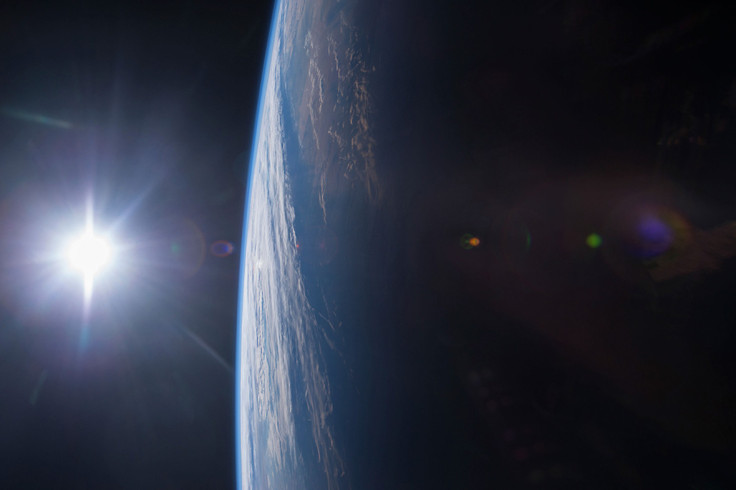Nasa reveal new planet-searching satellite Tess to help in hunt for alien life
The satellite is scheduled to be launched in August 2017

Nasas has unveiled their latest piece of space exploration equipment, designed to discover and locate new planets and stars.
Scheduled for launching in August 2017, the Transiting Exoplanet Survey Satellite, better known as Tess, will sent into space from Cape Canaveral in Florida.
It will embark on a two-year mission, searching for the possibility of life existing on certain planets and stars.
At the cost of an estimated $87m (£55.67m), the satellite's journey will mean it will travel over 150,000 miles above Earth and loop around the moon.
Jeff Volosin, Tess project manager proudly said: "The most exciting part of the search for planets outside our solar system is the identification of 'earth-like' planets with rocky surfaces and liquid water as well as temperatures and atmospheric constituents that appear hospitable to life."
Volosin explained that whilst it will be a logistical challenge, groundbreaking discoveries could be made through the satellite's close observations of the planets: "Although these planets are small and harder to detect from so far away, this is exactly the type of world that the Tess mission will focus on identifying."
Equipped with a set of 16.8 megapixel cameras, the satellite will be photographing and observing over 500,000 different stars. It is expected to observe stars covering over 400 times the area of the sky seen by the Kepler telescope.
The Kepler telescope was launched on March 2009 and was one of the first space observatory telescopes to focus on Earth-like planets, inhabiting life and orbiting other distant stars. It was part of a relatively low-budget discovery program, initiated by Nasa to focus on exploring greater areas of space.
Despite Kepler's mission being hampered by damage, it successfully found 996 exoplanets as well as 400 stellar systems.
Volosin will be hoping that Tess will be able to exceed Kepler's discoveries and provide a new outlook on the solar system.
© Copyright IBTimes 2025. All rights reserved.





















